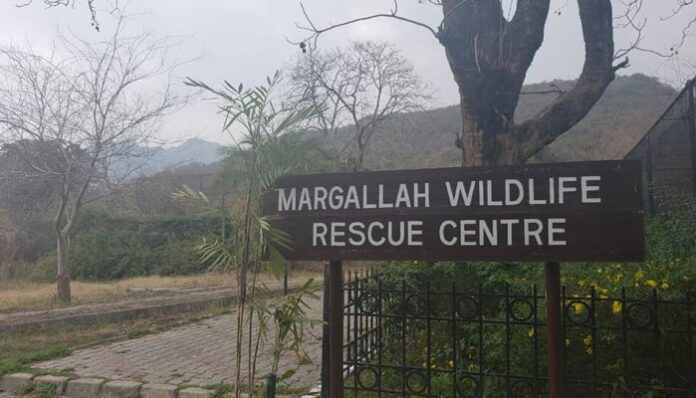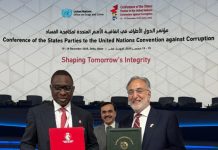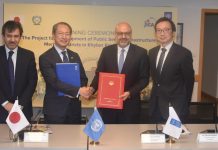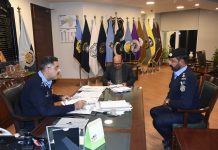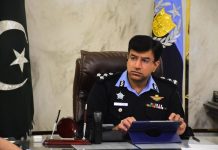By Ali Imran
ISLAMABAD: The Margalla Wildlife Rescue Centre of the Islamabad Wildlife Management Board (IWMB) on Monday revealed that the animal rehab facility had received around 3-4 dehydrated Common Kites during heatwave season that were being rehabilitated successfully.
The general public mostly reported birds of prey including kites and others groggy during extreme hot season that were found unconscious or unsteady with sprawled wings as they fell at different places due to dehydration, Deputy Director Research and Planning, IWMB, Sakhawat Ali stated while explaining a crucial issue making rounds over social media as the mercury spiked up at extreme levels in the federal capital.
Sakhawat Ali said the Common Indian Kites were either affected from dehydration or injured mainly after getting broken or damaged wings due to entangling into kite string.
He said during dehydration of animals or wild birds was treated through intake of ORS water which was highly recommended due to its easy availability other than the re-hydration fluid fed under the supervision of expert and trained medical practitioners and vets.
He mentioned that the general public was advised to keep dehydrated birds in shade and feed ORS water as first aid prior to relocating the affected bird to rehab and rescue clinic.
Ali underlined that mostly kites used to stretch their wings and were presumed as dead by an observer but they were alive with maximum chances to survive if rescued on time.
“We have more than 50 kites and 10 of them healed after rehabilitation due to extensive care of the IWMB trained staff and will be released probably tomorrow,” he said.
To a question, he said kites and crows were important part of the human ecosystem as scavengers. They purge the environment from dead corpses of animals and other creatures that might cause serious diseases in the environment directly impacting humans if left unattended, he added.
The IWMB Deputy Director informed that all the services at the Margalla Wildlife Rescue Centre were managed without any dedicated budget. The IWMB, he said was intending to establish proper wildlife clinic at the facility that required medical kits, operation tables, medications, and other modern gadgets like X-Ray machines.
The Four Paws, globally recognized animal rescue non-governmental organization, had provided medications to the IWMB for this purpose, he added.
“It takes 5% of the total effort to rescue a stressed or injured wild animal and 95%effort is made on rehabilitation of that animal or bird which is a very tedious task. Initially, the injured animals cannot be fed directly but with a syringe and then it improved gradually. The IWMB has five trained staffers for the job including two female volunteers well trained to rescue and rehabilitate injured animals and birds,” he said.
The IWMB through social media and virtual interactions was connected with international wildlife rescue organisations to train its staff and benefit from their expertise in capacity building and managing critical cases.

